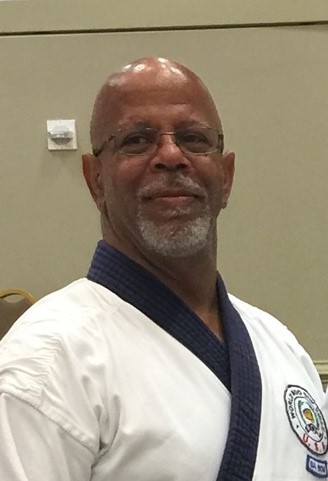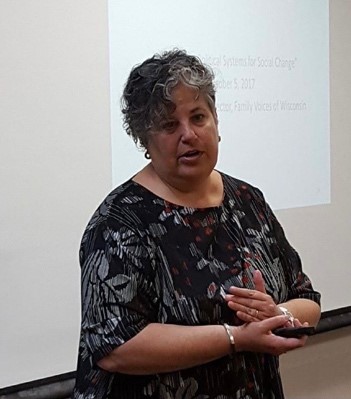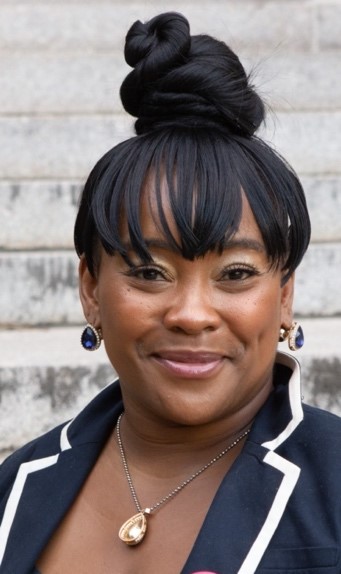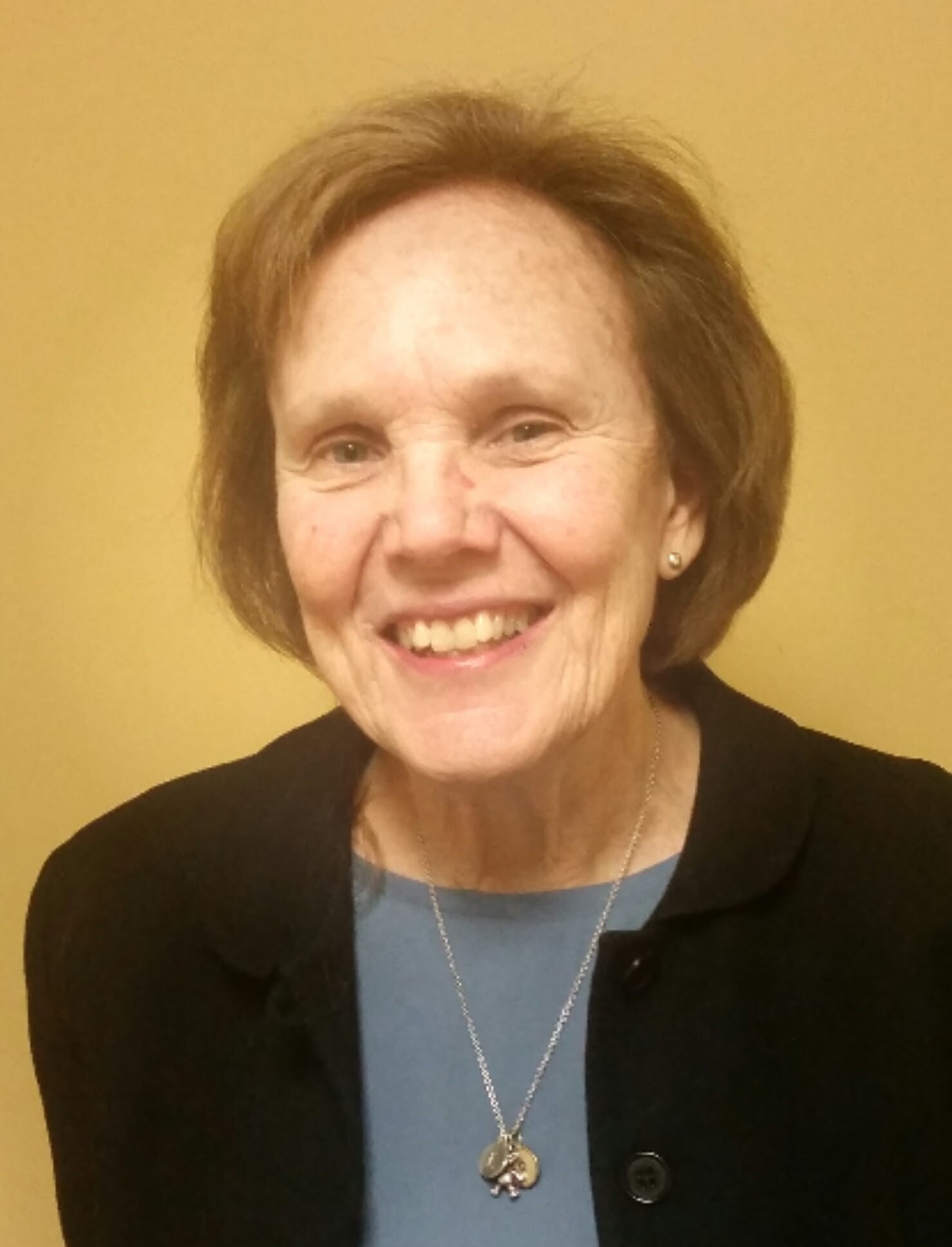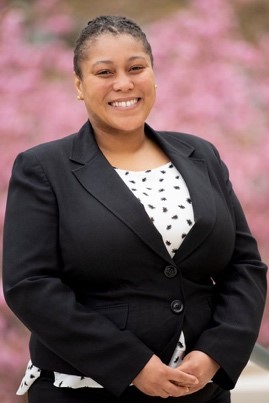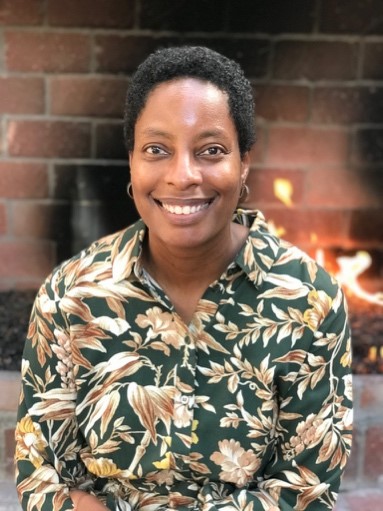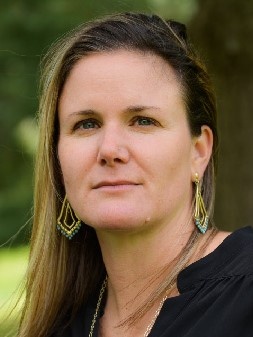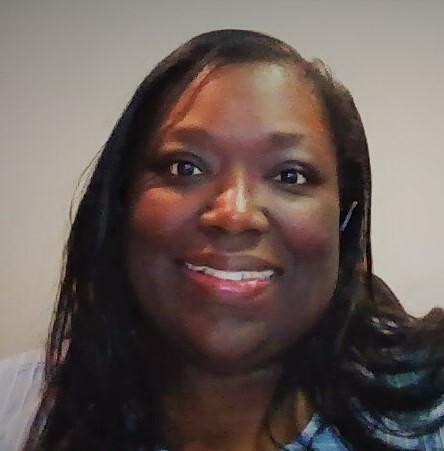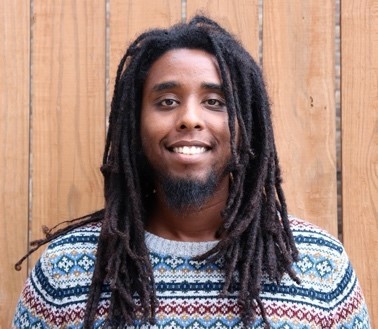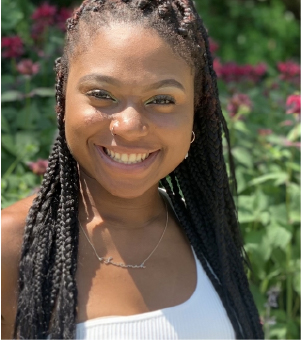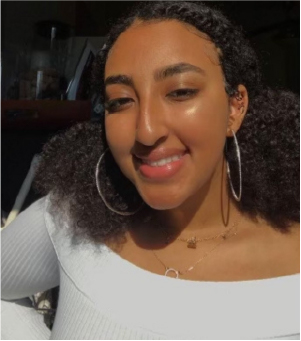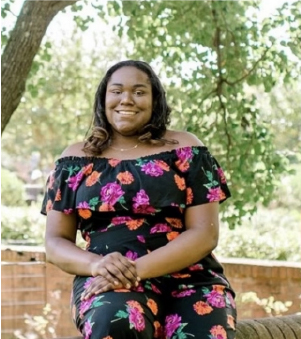Steps to Become an Ally
Step #1
Do some soul searching: Becoming an ally is hard work and will at times be uncomfortable and exhausting. Recognize you will be joining the fight against a system of racism that is 400 plus years old. While you don’t need to have experience with with oppression, as an ally you will have to listen and understand. So be self-aware of your privilege and the implicit biases we all have.
Step #2
Do your homework and research so that you can participate with knowledge and facts and understanding. Research will also lead you to ways you can participate. Not everyone is comfortable being at the forefront, you can be an ally in several ways. You can join a cause and march, you can show your support on social media but be thoughtful about this. You can’t just say, “thoughts and prayers”. While those are needed and necessary make them actionable, go one step further by directly reaching out and checking in on a person.
Step #3
Learn about and recognize white privilege: For more in-depth info see White Privilege in the Tools section of this website. The subject of white privilege is a difficult one as some may not recognize or acknowledge that they have it and therefore may feel personally attacked when someone mentions it. Privilege often gets conflated with lived experience and you will often hear people say, “ I don’t have privilege, I grew up poor but I worked hard!” While that may be true, people of color who may have grown up poor and worked hard also have to grapple with 400-plus years of systemic racism and inequalities that were created to afford benefits to white people over every other race. To dig a little deeper check out our section in Tools and watch the Netflix documentary, “Hello Privilege. It’s Me, Chelsea”, where comedian Chelsea Handler confronts her own privilege and discusses white privilege with different groups of people.
Step #4
Read, read, read!: This is a great way to Build competence and foster connectedness. These are objectives of this project and you can start right here. Visit our book club for suggestions on how to get started. There are a variety of books and articles that talk about anti-racism that will open your eyes. One of the revered voices on this topic is Ibram X. Kendi and his book How to be an Antiracist. Kendi says, “Being an antiracist requires persistent self-awareness, constant self-criticism, and regular self-examination.” This excellent thought-provoking book has so many nuggets of wisdom and practical ideas that go from basic concepts to larger more complex concepts that are visionary. Find online or at your favorite bookstore.
Step #5
Amplify voices: Again, amplifying does not mean you have to be at the forefront but you should not be silent either. Silence is deafening and in many ways it is the most painful to experience. We’ve heard so many stories from Black people about how they felt after the murders of countless Black lives in 2020. That was devastating and painful but what also hurt was the sheer silence. It is hard to wrap your mind around such horror that run daily in the media and then hear utter silence. After all, people rush to comfort and support anyone who announces a devastating, possibly life-threatening illness. Racism is just as endemic and should be treated with the same urgency.
So where did “Black Lives Matter” come from and why is it important? From the dawn of slavery into the 21st century, Black lives have been taken with little to no consequences for the perpetrators. That is where the mantra “Black Lives Matter” was born. From www.blacklivesmatter.com, “By combating and countering acts of violence, creating space for Black imagination and innovation, and centering Black joy, we are winning immediate improvements in our lives.”
So, if you don’t know what to do or say or where to begin, simply start by reaching out to your Black friends or colleagues and ask them how they are doing. A simple, “Are you okay?” goes a long way. From there, can find other ways to participate such as joining a march for Black lives or supporting and promoting Black owned businesses or by giving money to causes that help contribute to further amplification.
Step #6
Share space: “We join others even as we ask others to join us.” (Trish Thomas/Roberto Chene). As you are learning and evolving, bring others with you. While it is difficult to change hearts, it is possible to change minds through enlightenment and education. Easier said than done especially when it comes to family members so proceed cautiously, with sensitivity and the understanding that not everyone is ready to take the journey.
The journey of allyship begins with YOU! An excellent resource to help get you started is the 30 days, 30 Ways to Become a Better Ally by Gloria Antanmo. It is an 85-page digital resource filled with stories, practical steps and many other resources on how to begin this journey. Follow link to purchase.
Becoming an Authentic Ally
The next step in the journey of allyship is moving from growth and participation to taking the initiative to lead, develop and teach. This step is a way for you to do some peer-to-peer teaching and training. Similar to the Parent to Parent model, what better way to learn than learning from someone with the same experiences and in this instance, someone borne of the same privileges. For some this may be the only way they will listen and learn. Take care to consult your Black friends to help you develop and train but, take the lead!
An ally who recognizes their privilege and chooses it for good is a very powerful and effective voice.
The results were powerful as she brought others in, facilitated talks between many voices, and the idea of P.E.A.R was born!
View/Download the Peer Education Against Racism (P.E.A.R) Training



